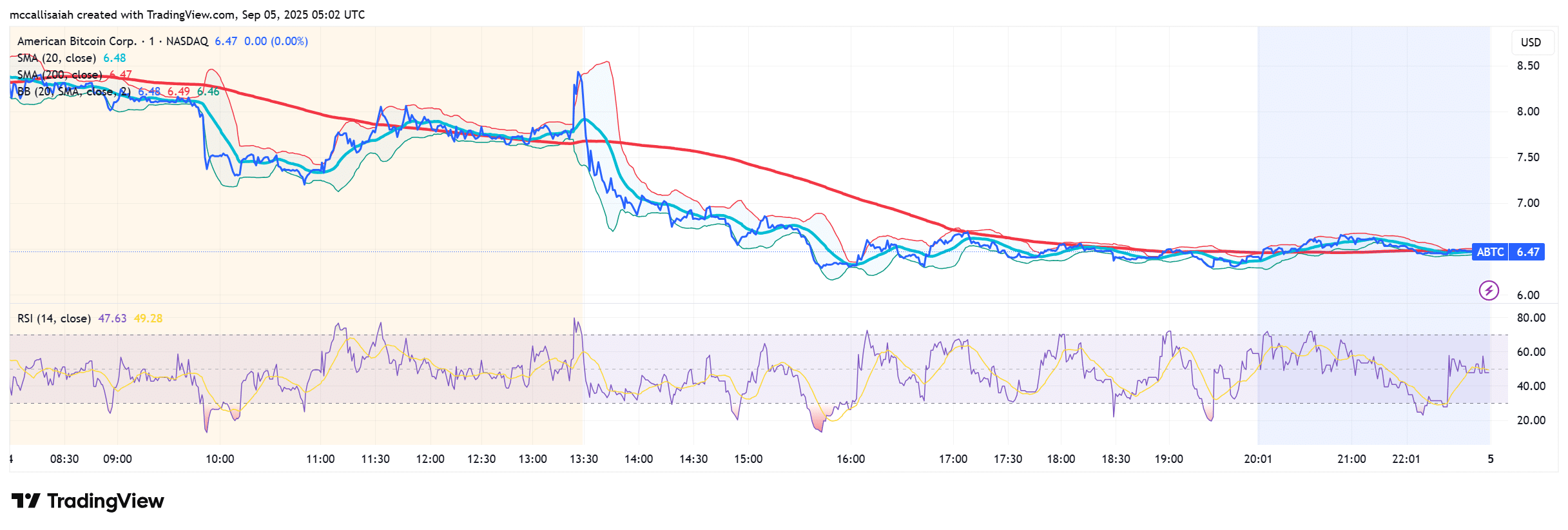How Blockchain Technology Is Revolutionizing the Energy Sector with Transparency, Decentralization, and Efficiency
The post How Blockchain Technology Is Revolutionizing the Energy Sector with Transparency, Decentralization, and Efficiency appeared on BitcoinEthereumNews.com. The energy sector, pivotal to global progression, fuels diverse applications and is currently navigating a transition towards a more distributed energy system. Nonetheless, administering such a decentralized framework presents its own set of challenges, especially in scenarios where centralized authorities are either non-existent or not universally trusted. In the contemporary epoch of technological evolution, blockchain technology surfaces as a beacon of promise, proffering a digital platform for the energy sector that epitomizes decentralization, security, transparency, immutability, and reliability. Blockchain embodies the quintessential attributes and functionalities requisite to cater to the demands of future energy systems, surmounting the constraints of present-day frameworks. Emerging as a variant of distributed ledger technology (DLT), blockchain has swiftly ascended to prominence, attributed to its capability to enable secure and transparent documentation of transactions. While its inception was rooted in the realm of cryptocurrencies, blockchain’s potential permeates far beyond, finding utility across a myriad of industries. The energy sector, in particular, is poised to reap substantial benefits from blockchain, especially in the areas of decentralization, security, traceability, and transparency. Through the strategic utilization of blockchain technology, the energy sector can wholeheartedly adopt decentralization, veering away from conventional centralized governance. This transition not only bestows greater autonomy but also empowers a myriad of stakeholders—encompassing consumers, producers, and grid operators—to engage in energy transactions and partake in decision-making processes, democratizing energy management and distribution. What Is Blockchain Technology? A blockchain represents a distributed ledger or database, disseminated across the nodes of a computer network. While it’s most notably recognized for its pivotal role in cryptocurrency systems—ensuring a secure and decentralized log of transactions—its applications are not confined to the realm of cryptocurrencies. Blockchains can be employed across various industries to render data immutable, a term denoting its incapacity to be modified. Given the impossibility of altering a block,…
The post How Blockchain Technology Is Revolutionizing the Energy Sector with Transparency, Decentralization, and Efficiency appeared on BitcoinEthereumNews.com.
The energy sector, pivotal to global progression, fuels diverse applications and is currently navigating a transition towards a more distributed energy system. Nonetheless, administering such a decentralized framework presents its own set of challenges, especially in scenarios where centralized authorities are either non-existent or not universally trusted. In the contemporary epoch of technological evolution, blockchain technology surfaces as a beacon of promise, proffering a digital platform for the energy sector that epitomizes decentralization, security, transparency, immutability, and reliability. Blockchain embodies the quintessential attributes and functionalities requisite to cater to the demands of future energy systems, surmounting the constraints of present-day frameworks. Emerging as a variant of distributed ledger technology (DLT), blockchain has swiftly ascended to prominence, attributed to its capability to enable secure and transparent documentation of transactions. While its inception was rooted in the realm of cryptocurrencies, blockchain’s potential permeates far beyond, finding utility across a myriad of industries. The energy sector, in particular, is poised to reap substantial benefits from blockchain, especially in the areas of decentralization, security, traceability, and transparency. Through the strategic utilization of blockchain technology, the energy sector can wholeheartedly adopt decentralization, veering away from conventional centralized governance. This transition not only bestows greater autonomy but also empowers a myriad of stakeholders—encompassing consumers, producers, and grid operators—to engage in energy transactions and partake in decision-making processes, democratizing energy management and distribution. What Is Blockchain Technology? A blockchain represents a distributed ledger or database, disseminated across the nodes of a computer network. While it’s most notably recognized for its pivotal role in cryptocurrency systems—ensuring a secure and decentralized log of transactions—its applications are not confined to the realm of cryptocurrencies. Blockchains can be employed across various industries to render data immutable, a term denoting its incapacity to be modified. Given the impossibility of altering a block,…
What's Your Reaction?





































